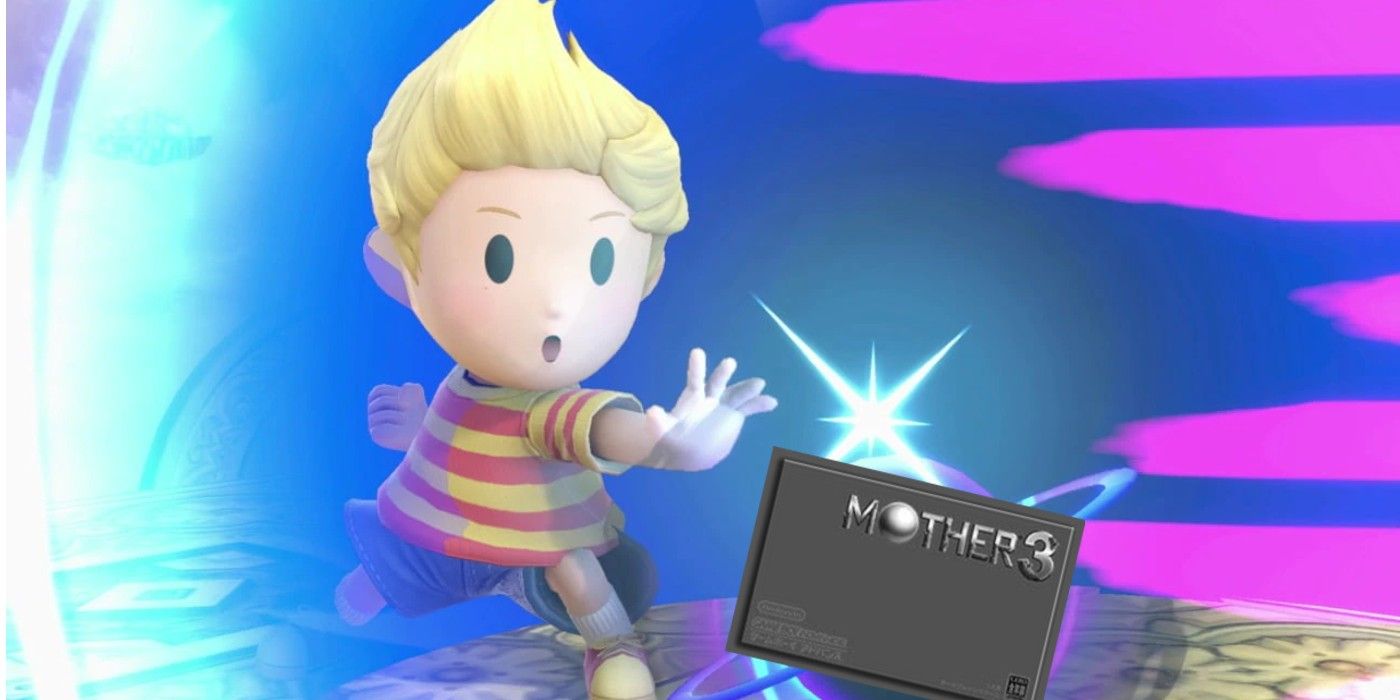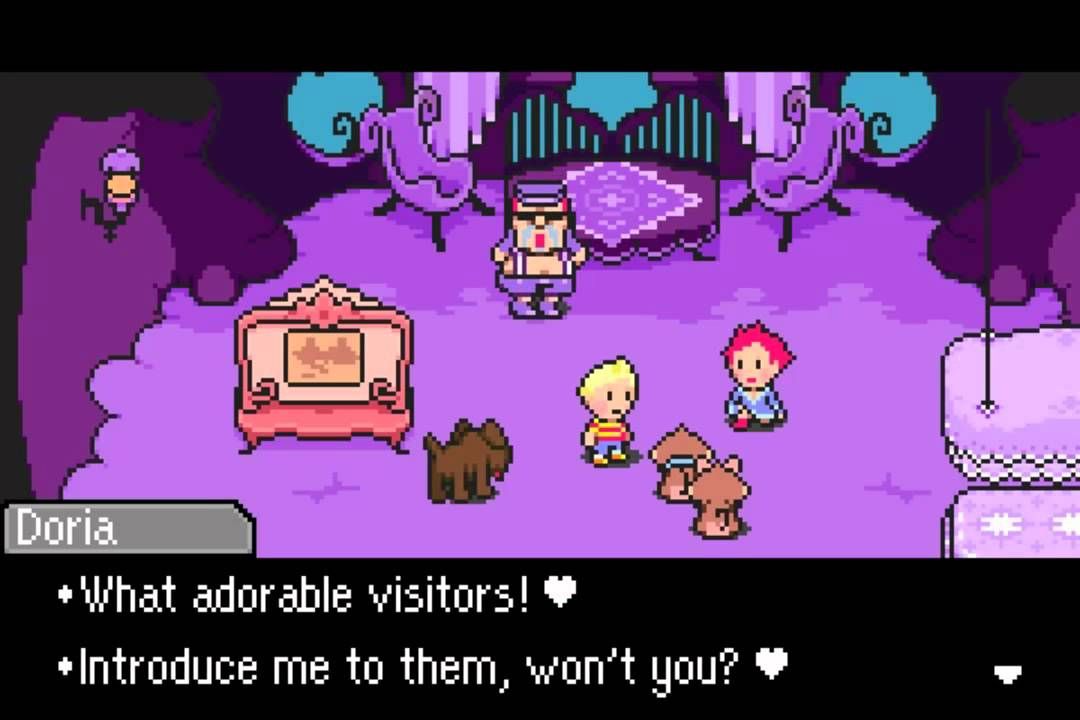Earthbound has developed a legacy of its own almost entirely because of the inclusion of Ness and Lucas in the Super Smash Bros. series, but its sequel, Mother 3, will almost certainly stay locked up in Japan. The game was first released in 2006 on the GameBoy Advance and was praised for its gorgeous sprite art, witty dialogue, and heart-wrenching story, but Nintendo has avoided mentioning the game as much as they could outside of their home country, and they still do to this day.
Earthbound was released in North America in 1995 on the Super Nintendo and was backed with an aggressive marketing campaign. Its focus was to highlight the quirky humor that the game wore so proudly, but the translation was an absolute commercial failure. Other games in the same genre like Chrono Trigger and Super Mario RPG: Legend of the Seven Stars were more graphically impressive than what Earthbound was able to provide, and its modern suburb setting made it challenging to market exactly what made the game unique. Ever since its initial flop, Nintendo only acknowledged the series by including playable Earthbound characters in their massively successful Super Smash Bros. games, which ironically raised the popularity of the series exponentially.
Even though its fans are impressively dedicated to the franchise, Earthbound's player base is still far smaller than Nintendo's other best-selling titles, even after the gaming community started to give the series the attention it had always dreamed of. Sadly, Nintendo likely isn't very interested in producing a lengthy translation for a game they couldn't realistically sell for more than $10 that appeals to such a small crowd. Nintendo has yet to make another F-Zero game either, likely for the very same reason.
However, the biggest reason the company won't release a translated version of Mother 3 is because of how controversial the game's content could potentially be received outside of Japan. Cultures vary greatly when it comes to what is acceptable content in their media, and Japan is no different. There are seven characters who are integral to the game's story called the Magypsies. They are sacred and mystical beings who portray many stereotypes associated with those in the transgender community. Nintendo has always attempted to portray itself as a family-friendly company, and has avoided associating themselves with any potentially offensive content at all costs. For example, the original release of The Legend of Zelda: Ocarina of Time featured a music track that contained a religious chant which could have been considered offensive by the Muslim community. Nintendo worked with haste to cease production of this version and created a new one that replaced the track with an original melody to appease this issue.
This is a change that the developers of Ocarina were willing to make, especially since the track had little significance with the game's story and was simply there to add atmosphere to one of the game's dungeons. Mother 3, and Earthbound in general, relies on its rich symbolism to portray its multi-layered story, and the creator, Shigesato Itoi, is known for being dedicated to his work even outside of his game development career. Not only did he publicly announce his lack of interest in creating any more games for the series, but his artistic integrity would also force him to refuse to change any detail of the story, especially changes to such important characters. Nintendo is at a crossroads with this game because they know the creator will never make another installment, so drumming up more interest in the Earthbound series by releasing Mother 3 worldwide while risking engaging in controversy is most likely not on Nintendo's top priorities list.


